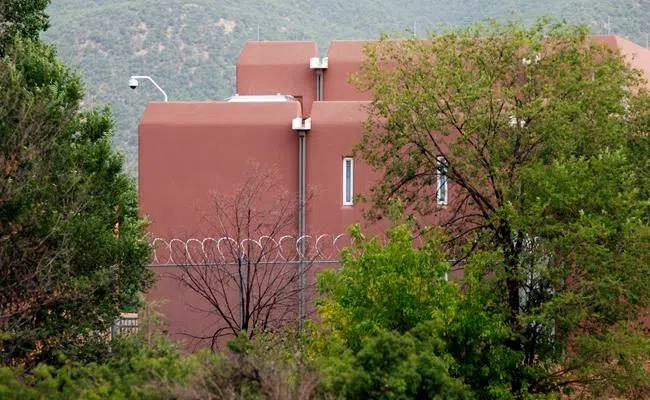
Conditions of release not yet met for compound suspects
TAOS, N.M. — Three people accused of child abuse at a ramshackle desert compound remained jailed Wednesday as New Mexico authorities sought to satisfy the conditions of their release set by a judge.
Among other things, authorities must find safe living arrangements for the defendants before they can leave jail. They also must wear ankle monitors and have regular contact with their attorneys.
“The conditions for their release have not yet been met,” Taos County spokesman Steve Fuhlendorf said Wednesday evening. He did not elaborate.
The legal proceedings against the suspects will be staged in Taos, a community rattled by threats against the judge who cleared the way for the suspects to be released.
